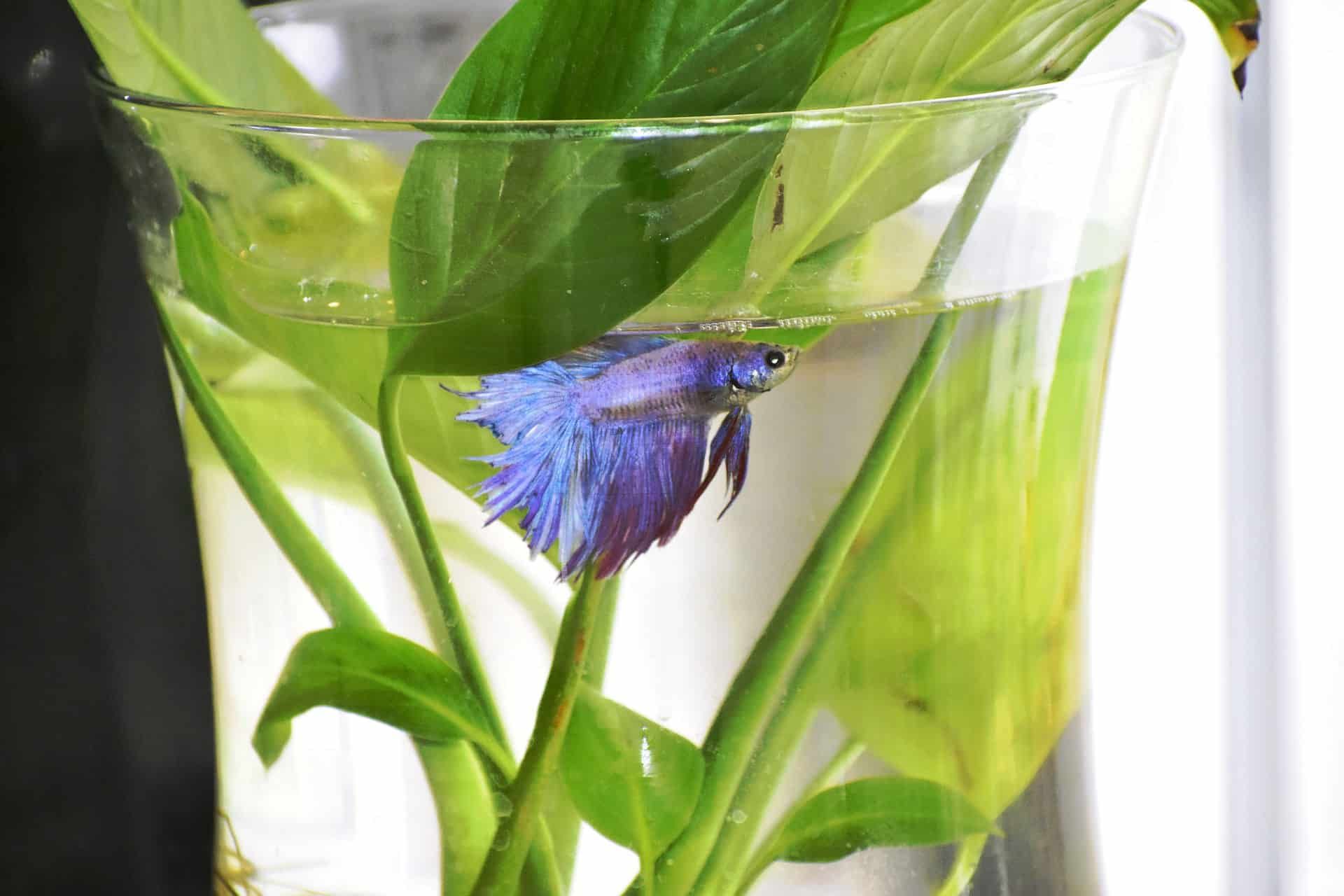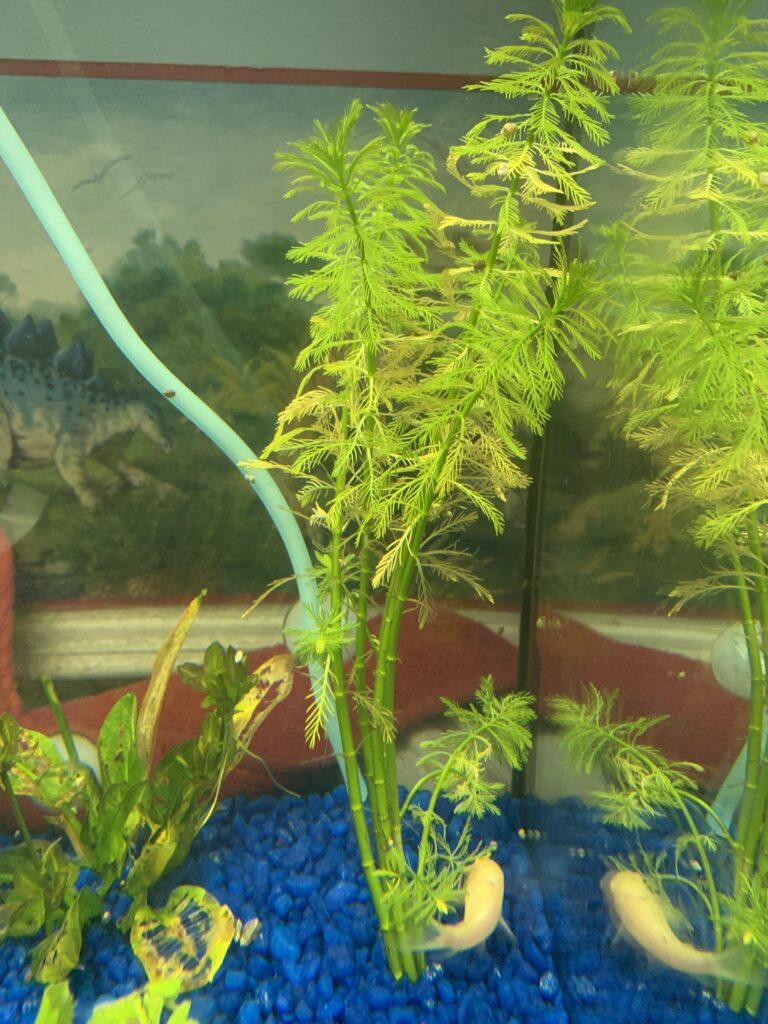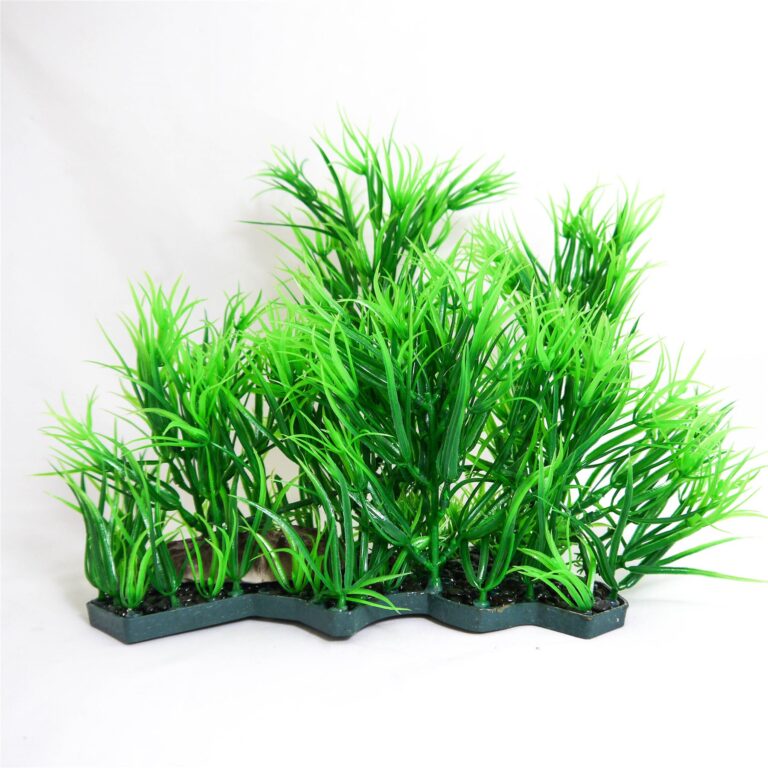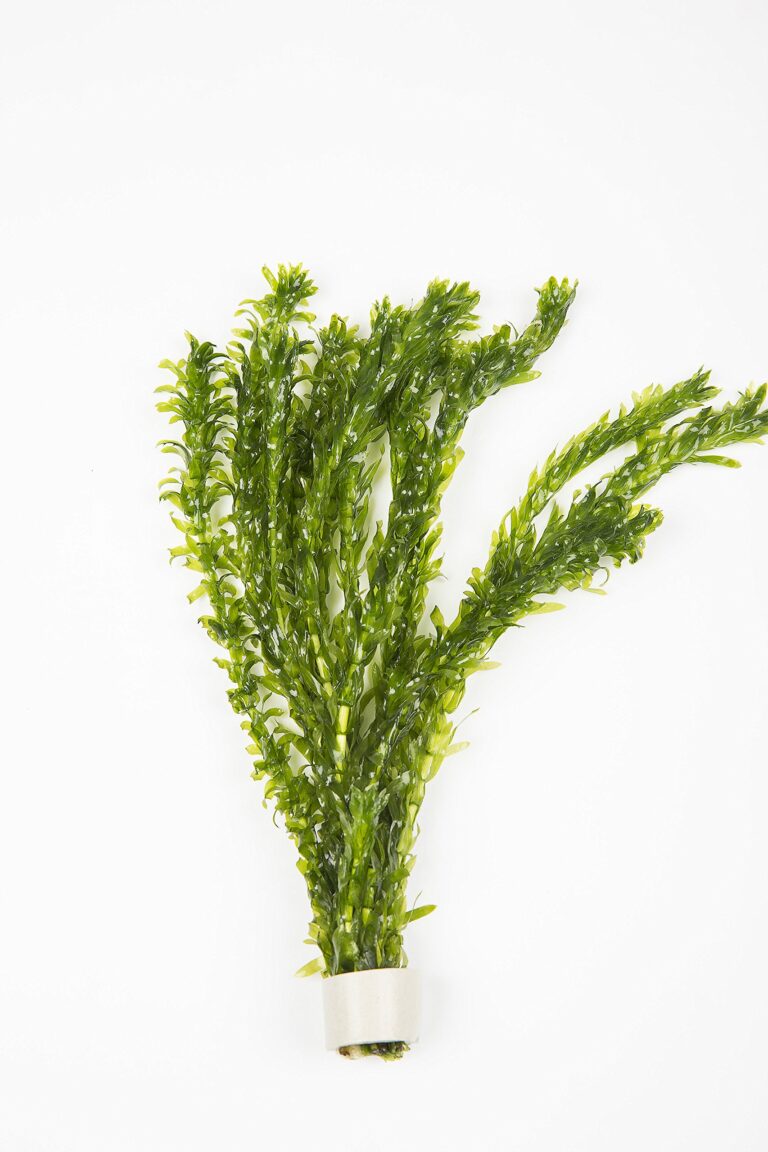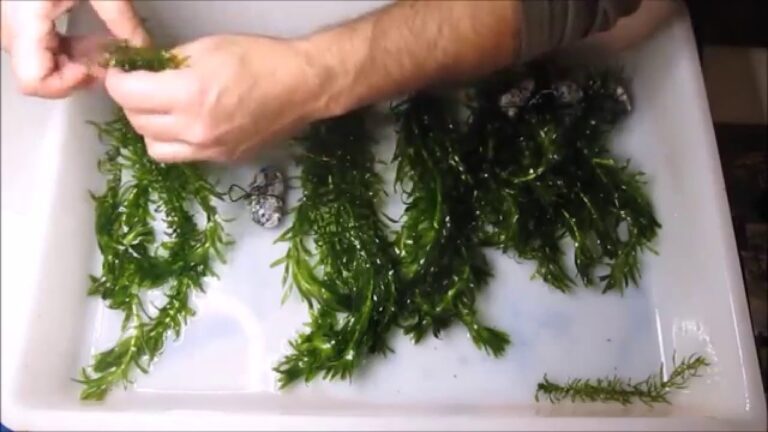Toxic Plants For Betta Fish
Toxic Plants for Betta Fish: Keeping Your Aquatic Pets Safe
Betta fish, also known as Siamese fighting fish, are incredibly popular pets due to their vibrant colors and low maintenance requirements. These beautiful creatures are commonly housed in aquariums and require appropriate care to thrive. One important aspect of betta fish care is ensuring that their environment is free from toxic plants. In this article, we will explore some common toxic plants for betta fish and provide guidance on how to keep your aquatic pets safe.
Why Are Toxic Plants Dangerous for Betta Fish?
Before we delve into the list of toxic plants, let’s understand why they can pose a threat to betta fish. Toxic plants contain harmful substances that, when ingested or in contact with the fish, can cause adverse effects on their health. Betta fish are prone to nibbling on plants as part of their natural behavior, which makes it crucial to eliminate any toxic plants from their habitat. By doing so, you can prevent potential toxicity and keep your betta fish healthy and happy.

List of Common Toxic Plants for Betta Fish
1. Lily of the Valley
Lily of the Valley (Convallaria majalis) is a highly toxic plant that should never be present in a betta fish tank. It contains cardiac glycosides, which can cause severe cardiac arrhythmias and even lead to heart failure in betta fish.
2. Peace Lily
Another popular houseplant, the Peace Lily (Spathiphyllum spp.), is toxic to betta fish. It contains calcium oxalate crystals, which can cause irritation and swelling in the mouth, throat, and digestive tract of your fish if ingested.
3. Dumb Cane
Dumb Cane (Dieffenbachia spp.) is a decorative plant commonly found in homes and offices. Its leaves contain needle-shaped calcium oxalate crystals that can cause intense burning and swelling if betta fish come in contact with them.
4. Pothos
While Pothos (Epipremnum aureum) is a popular choice for aquariums, it is toxic to betta fish if ingested. The plant contains insoluble calcium oxalate crystals, which can irritate the digestive system and lead to discomfort for your fish.
5. Philodendron
Philodendron (Philodendron spp.) is a common houseplant that is toxic to betta fish. It contains calcium oxalate crystals, which can cause oral irritation, excessive drooling, and difficulty swallowing if consumed.
Safe Alternatives for Betta Fish Tanks
To create a safe and aesthetically pleasing environment for your betta fish, consider adding non-toxic plants. These plants offer numerous benefits, such as oxygenation, filtration, and providing hiding places. Some safe alternatives for betta fish tanks include:
1. Java Fern
Java Fern (Microsorum pteropus) is a popular choice in aquariums due to its hardiness and ability to thrive in various conditions. It is non-toxic to betta fish and provides a naturalistic look to the tank. Additionally, betta fish enjoy resting on the broad leaves of Java Fern.
2. Anubias
Anubias (Anubias spp.) is another safe aquatic plant for betta fish tanks. It is known for its broad and sturdy leaves, which provide both aesthetic appeal and places for the fish to rest. Anubias can tolerate low light conditions, making it suitable for beginners.
3. Marimo Moss Balls
Marimo Moss Balls (Aegagropila linnaei) are unique spherical algae that are safe for betta fish. They require minimal care and are known to absorb nitrates, helping to maintain water quality in the tank. Marimo Moss Balls also add a touch of greenery to the aquarium.
Frequently Asked Questions
Now, let’s address some common questions betta fish owners may have regarding toxic plants and their effects on these aquatic pets.
Q: What should I do if I suspect my betta fish has ingested a toxic plant?
A: If you suspect your betta fish has ingested a toxic plant, it is crucial to monitor their behavior closely. Look for signs of distress or illness, such as lethargy, loss of appetite, or unusual swimming patterns. If you notice any concerning symptoms, it is recommended to consult a veterinarian specializing in fish to seek appropriate treatment.
Q: Can betta fish develop an immunity to toxic plants over time?
A: No, betta fish cannot develop an immunity to toxic plants. The toxins present in these plants can have severe and lasting effects on their health. It is best to prevent exposure to toxic plants altogether to ensure the well-being of your betta fish.
Q: How can I ensure the safety of my betta fish’s environment?
A: To ensure the safety of your betta fish’s environment, thoroughly research any plants before adding them to the tank. Stick to non-toxic plants and regularly inspect the aquarium for any signs of toxic plants or potential hazards. Maintaining clean water conditions and providing a balanced diet also contribute to your fish’s overall well-being.
Final Thoughts
Creating a suitable living environment for your betta fish involves careful consideration of the plants you introduce into their tank. By avoiding toxic plants and opting for safe alternatives, you can maintain a beautiful and safe habitat for your aquatic pets. Always prioritize the health and well-being of your betta fish by providing them with a toxic-free environment.
